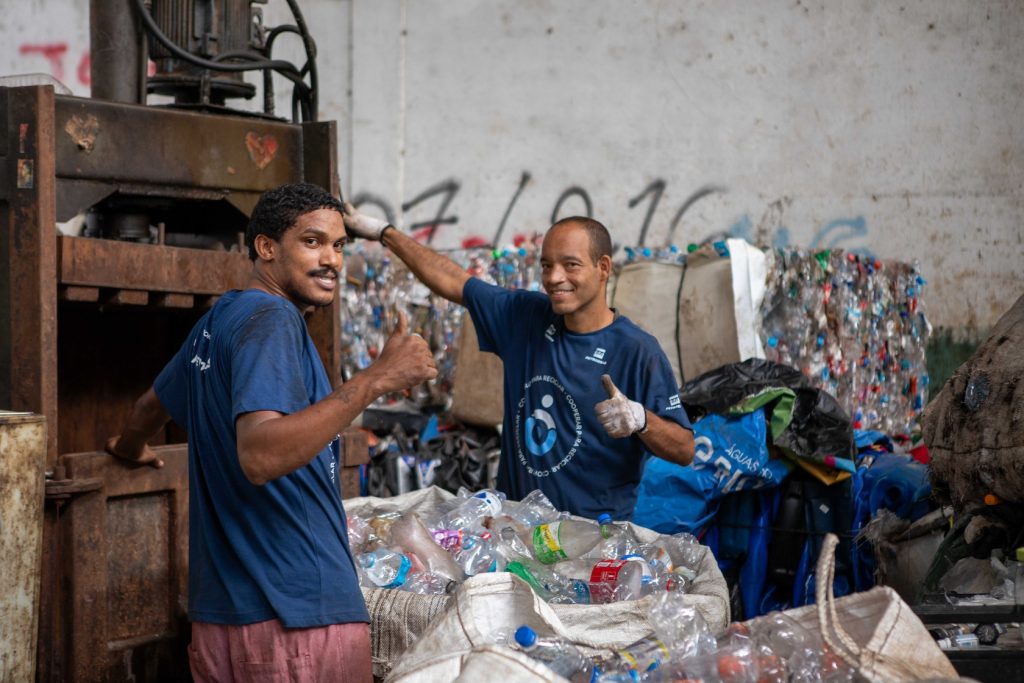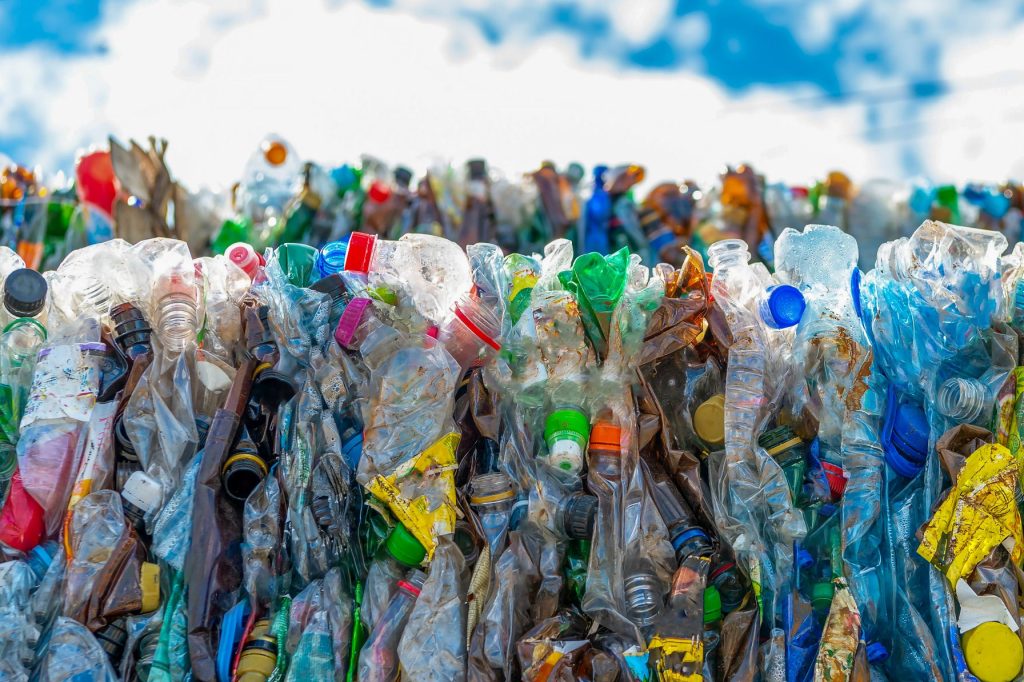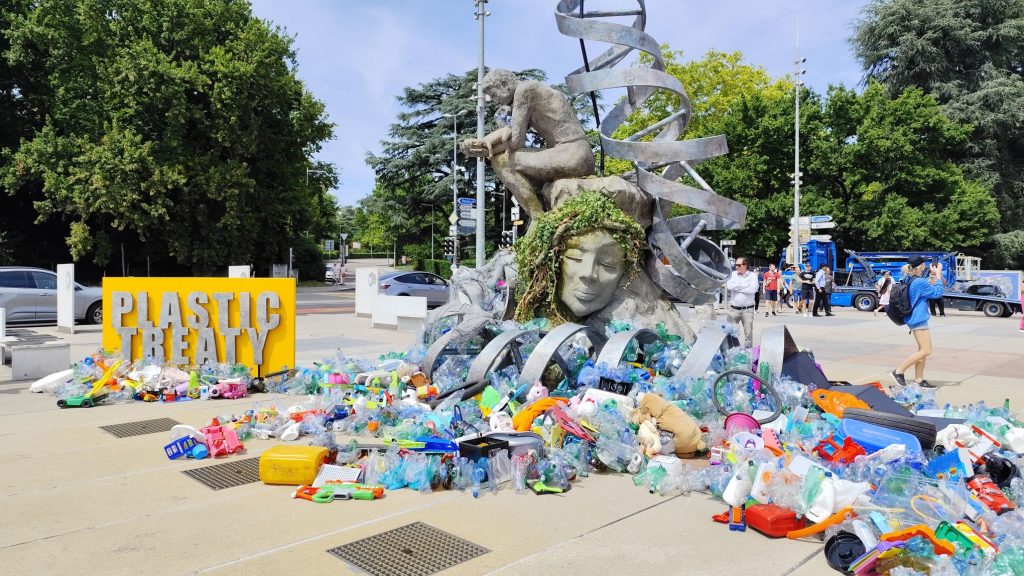Since its launch in October 2023, the ‘Cooperate to Recycle’ project, developed by the Friends of the Environment Popular Cooperative (Coopama) with technical support from BVRio, and funded by Brazilian oil company Petrobras, has achieved key milestones. Over the past year, Coopama has collected 3,000 tonnes of recyclable materials, averaging 240 tonnes per month, benefiting both the cooperative and the community.
The standout feature of the project is the use of mobile technology to monitor material flow. Since February 2024, Coopama has utilised the KOLEKT mobile app to record essential collection data in real-time, improving waste control accuracy and optimising resources. To date, Coopama has registered 191 tonnes of 10 different types of materials, divided into sub materials (4 types of paper/carton, 6 types of plastic, 3 types of metals, 1 type of rubber, and 1 type of foam/slippers). The app also allows Coopama to track the condition of collected materials, whether they were cleaned, baled, bagged, sorted, mixed, contaminated, or classified as sea waste. Of the total records, 8.76 tonnes were collected at Cenpes, a Petrobras facility.
To support the sorting of these materials, Coopama has installed 12 new sorting bays to improve organisation, saving time and optimising logistics for baling and disposal. The cooperative also hired an architecture firm to restructure its facilities, ensuring operational efficiency and safety.
 “The project enabled the purchase of two trucks, a forklift, and three presses. Beyond equipment, training and workshops are being provided to help organise the cooperative better. This support will enhance the quantity and quality of collected materials. Improved internal organisation, including the installation of sorting bays, will enhance work quality and cleanliness, bringing more efficiency. We’ve also hired a health and safety technician to ensure a safer work environment for everyone,” said Luiz Fernandes, Coopama’s president.
“The project enabled the purchase of two trucks, a forklift, and three presses. Beyond equipment, training and workshops are being provided to help organise the cooperative better. This support will enhance the quantity and quality of collected materials. Improved internal organisation, including the installation of sorting bays, will enhance work quality and cleanliness, bringing more efficiency. We’ve also hired a health and safety technician to ensure a safer work environment for everyone,” said Luiz Fernandes, Coopama’s president.
Coopama’s communication efforts have been strengthened, including the launch of a new website, social media updates, news production, and events. In the past year, demand for services has risen by 20%, leading to partnerships with major companies. Notable among them is a collaboration with GlassGod to handle all glass waste generated during the Rock in Rio festival, showcasing responsible waste management at large events.
“The ‘Cooperate to Recycle’ project is an excellent example of how the circular economy can be applied locally, generating both environmental and social benefits. We’re pleased with Coopama’s progress and believe this initiative could serve as a model for cooperatives across Brazil,” said Pedro Succar, a circular economy expert at BVRio.
Training and Community Development
Coopama has offered courses in English, basic financial management, and carpentry, providing participants with new skills and professional opportunities. Specific cooperative operation training is also being provided.
“One of the most valuable courses has been English, which has been a great opportunity considering the language challenges we face in some international projects. This course is available to all cooperative members and even offers free learning opportunities for their children,” added Luiz.



